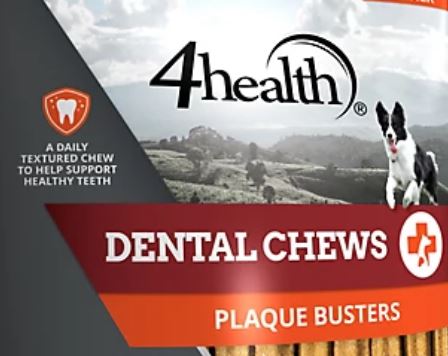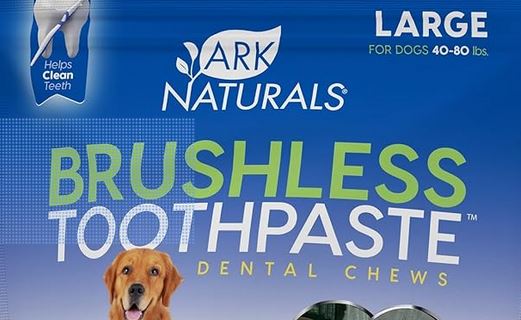
This post is about fluoridated water and dental health. Sparky doesn’t have much to do with it, but I will get to him at the end.
RFK, Jr. Protects The Nation’s Precious Bodily Fluids
Chemistry can seem like magic, so know the cost. In engineering terms, “everything is a trade off.” This substack article addresses RFK’s interest in fluoride.
The battle over fluoride has been raging for longer than I have been alive, dating as far back as the 1930s. While the scientific basis for opposing fluoridization may have changed, the arguments to a large degree remain unchanged.
When someone says, “the science is settled”, they aren’t talking about science any more. Science is about asking questions and developing a rigorous process to ascertain the most likely answer.
As technology improves, so does the ability to track more data, detect changes more precisely and recognize more subtle correlations. Revisiting scientific questions is good practice.
Like many medical discoveries, the discovery of fluoride’s benefit fighting tooth decay was due almost to accident, although it was also due to the persistence of one young dentist.
This happens all the time. Notice a phenomena, then investigate. Noticing weird stuff doesn’t get enough credit in science.
Dean proposed a slow, experimental roll-out of fluoridation, but his plans were soon overtaken by events. Dentists in Wisconsin, the home of Progressivism, sought to bring fluoride to everyone’s water as quickly as possible. They were encouraged by McKay, who was still involved in the movement.
This was the early 1930’s. Dean was the head of the Dental Hygiene Unit at the National Institute of Health (NIH). McKay was a young dentist who first noticed the phenomena that led to fluoridation.
Dean was right. Don’t trust anyone who is too confident. Progressives are always 150% certain that they know the right thing to do, so being cautious and meticulous isn’t warranted.
In 1955, the publication Scientific American conducted a survey of voters in Northampton, Massachusetts, who, to the surprise of many, voted almost 2-to-1 against fluoridation of water.
I haven’t read the Scientific American article, but taking surveys about a scientific or medical issue doesn’t sound like science.
The battle against fluoride was rejoined this year after a 2024 report by the federal government’s National Toxicology Program, which summarized studies conducted in Canada, China, India, Iran, Pakistan and Mexico, concluded that drinking water with more than 1.5 milligrams of fluoride per liter — more than twice the recommended level in the U.S. — was associated with lower IQs in kids.
Almost a 100 years later, we live differently and dentistry has advanced. There are cities and states in America that do not fluoridate their water. Investigating the health trade-offs of fluoride is possible and prudent.
The most popular toothpastes contain fluoride, and the label says not to swallow it. Fluoride mouthwash and treatments are also available.
Investigating what amount of fluoride in the water is appropriate to get dental benefits, but not suffer any detrimental effect, is a good idea. RFK shouldn’t be criticized for that.
I just checked. Sparky’s toothpaste doesn’t have fluoride, but he drinks plenty of water. His teeth look nasty to me, but I only remember to brush his teeth every couple of weeks. He does get dental chews which might be helping.
“Everyone says that I have a lovely smile. You are the only one complaining about my teeth.”

Sparky is right about that, but seriously, everything inside his mouth is gross.

I previously mentioned that he farts out of his mouth. That may not be what he’s doing, but his breadth sometimes smells like his poop.
Sparky insists that I mention that he does not eat is own poop, but does think it’s funny to clamp a frozen turd in his mouth, and carry it around like a gangster smoking a cigar.
“If my breath bothers you so much, toss me a few of those sweet potato churros.”
He means these things: 
Sometimes he gets these: 
“That’s food? I thought you dropped your toothpaste.”
And you ate it?
“I don’t understand the question. I’m a beagle, I’ll try to eat anything.”
All I’m saying is that revisiting established practices by running scientific studies, is a better way to answer skeptics, than just telling them to shut up.
Leave a Reply